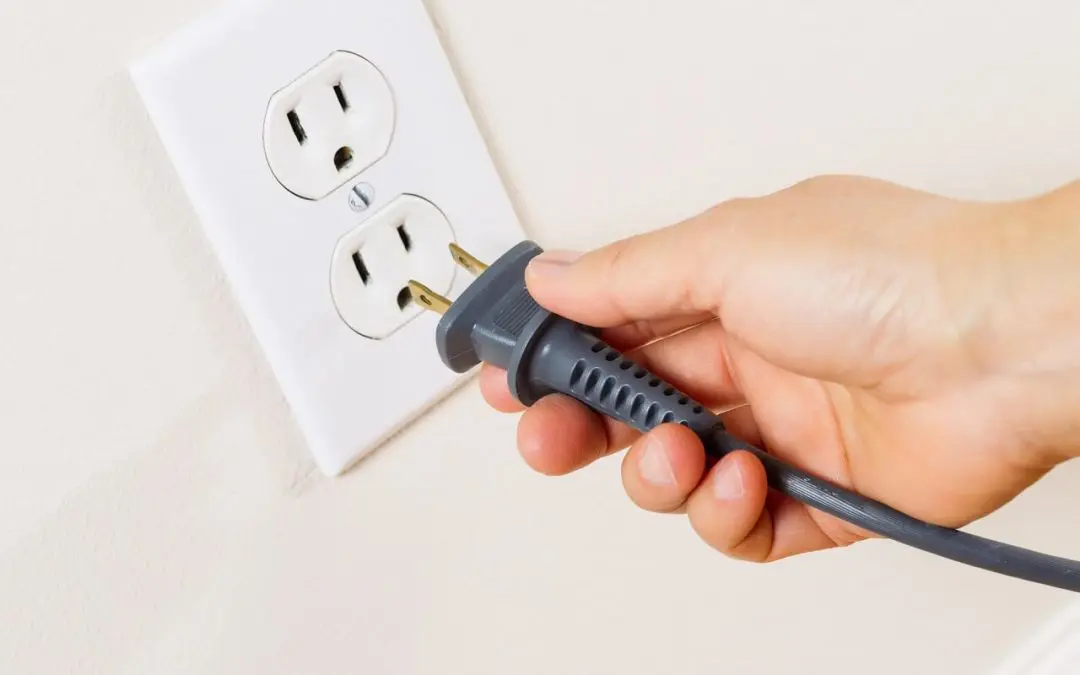If you’re looking to reduce the monthly household expenses while helping the environment, decreasing the energy you use is a good start. Read on for a few helpful tips on how to save energy at home.
Save Energy at Home by Changing the Light Bulbs
LED light bulbs use up to 75% less energy than regular light bulbs and last up to 25 times longer. Or install smart bulbs (light bulbs you can control via a phone app). These cost a bit more upfront but save energy and money in the long run. Program smart bulbs to turn on and off at certain times of the day, so you don’t have to remember to switch off the lights when leaving the house.
Turn Off the Air Conditioner
When the weather heats up, many households turn on the air conditioner and let it run all day. But if you’re trying to use less energy, decreasing AC usage will save money. Turn off the air conditioner during cooler parts of the day and keep the temperature down by investing in heavy curtains for the hottest rooms in your home. Use a fan (or two) instead of the AC on milder days, and open the windows in the morning and evening to reduce humidity and encourage a cooling breeze.
Unplug Devices to Save Energy at Home
Some appliances, like computers, tablets, and coffee makers, continue to use power even when switched off. To save energy at home, unplug appliances and devices when they’re not in use. After your laptop and cell phone have charged, unplug them. Devices pulling power don’t need to add to your electric bills.
Do Chores Efficiently
While convenient, the dishwasher and washing machine uses a lot of energy. Maximize their efficiency and save energy by only using these appliances when you have a full load of dishes or laundry.
To save more power, hang your laundry outdoors on pleasant days instead of using the clothes dryer. And for a more energy-efficient option when doing dishes, check your dishwasher for an “air-dry” setting and use this instead of a heated dry.
Use the Stove Less Frequently
To reduce energy consumption, consider how often you use kitchen appliances to prepare food. The oven and stove heat your food and the kitchen, causing the HVAC system to kick on to maintain its programmed temperature. Look up cold and easy-to-prepare recipes that don’t require an oven or stove, such as smoothies, salad platters, and sandwiches, and make them occasionally instead of a hot meal. Even preparing a single cold meal a few times a week helps you save energy at home.
Legacy Property Inspections offers inspection services to homebuyers and sellers in Southeast Georgia. Contact us to request an appointment.

